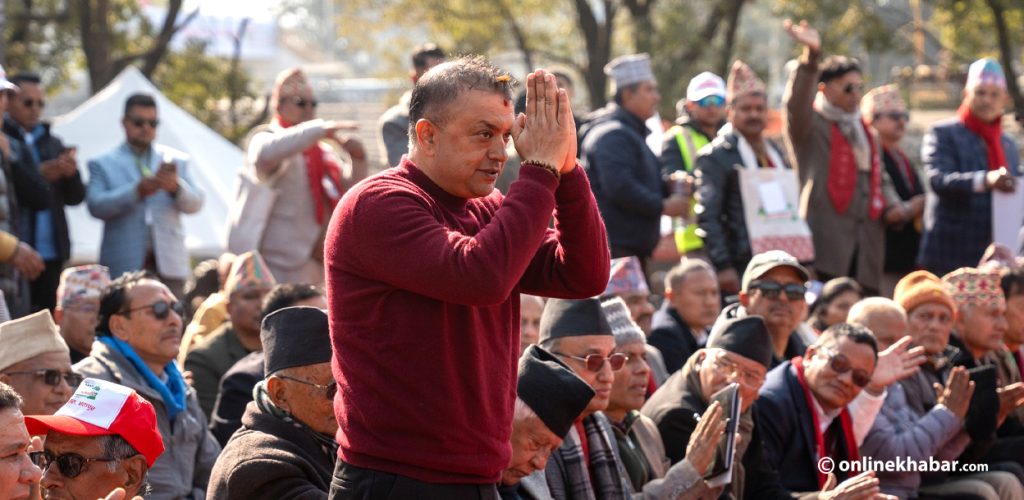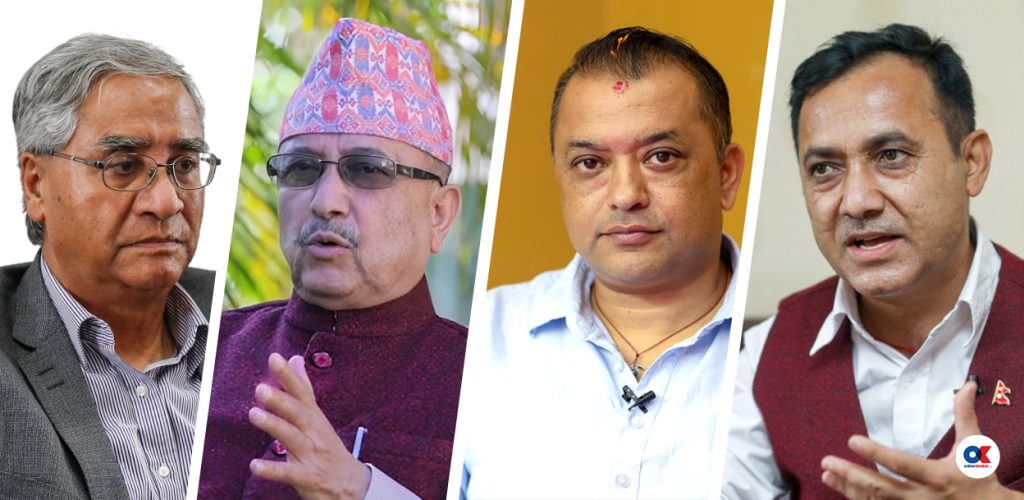
Kathmandu, July 18
The Government of Nepal is preparing a new law requiring the Chief Justice and all judges to publicly disclose their property holdings, as part of a broader effort to manage conflicts of interest and promote good governance.
Under current laws, judges are required to submit their property details to the Judicial Council Secretariat within 60 days of their appointment, but there is no obligation to make those disclosures public. The proposed legislation, drafted by the Office of the Prime Minister and Council of Ministers, aims to change that by making it mandatory for all public officials—including the Chief Justice, judges of all court levels, ministers, lawmakers, and senior bureaucrats—to publicly declare their assets.
Clause 15 of the draft bill outlines that all designated public officials must submit and publish their property details within 30 days of their appointment, and annually within 60 days of the fiscal year’s end. Officials include the President, Vice President, Prime Minister, Chief Justice, ministers, provincial heads, lawmakers, chief secretaries, military generals, ambassadors, governors of Nepal Rastra Bank, and other top-ranking officials.
The asset disclosure form (Schedule 2 of the bill) requires officials to provide personal information, sources of income, tax details, movable and immovable assets, donations above Rs 100,000, gifts, shareholdings, family assets, and any affiliations with institutions or companies. Officials must also disclose vehicles, involvement in social organisations, and any criminal penalties received.
Importantly, the proposed law makes these asset details public records and mandates that they be published on the websites of the respective public bodies. Failure to disclose assets on time could result in officials being barred from attending meetings or participating in official programs, with such violations made public.
The bill also introduces strict rules on accepting gifts. Public officials are prohibited from accepting gifts while in office. If any are received in an official capacity, they must be declared and handed over to the appropriate government agency. Failure to do so will result in fines equal to the gift’s value, and the gift will be confiscated. The government may, however, allow officials to retain gifts below a specified value.
The bill also prohibits unauthorised meetings or correspondence with foreign officials that may result in personal or third-party gain. Any unauthorised acceptance of cash or in-kind benefits from foreign entities will result in fines and confiscation.
Additionally, the proposed law requires all public officials to submit a written declaration stating no conflict of interest exists at the time of their appointment. In cases where a conflict arises, officials must refrain from participating in related decisions and delegate authority to a neutral official or body.
The government has published the draft on its website for public feedback. Once finalised, the bill will be submitted to the Cabinet, then registered in Parliament for debate and passage. If approved by both houses and authenticated by the President, it will become law.
The move is aimed at strengthening public trust in officials and enhancing transparency, accountability, and integrity in public service, according to the Office of the Prime Minister and Council of Ministers.




















